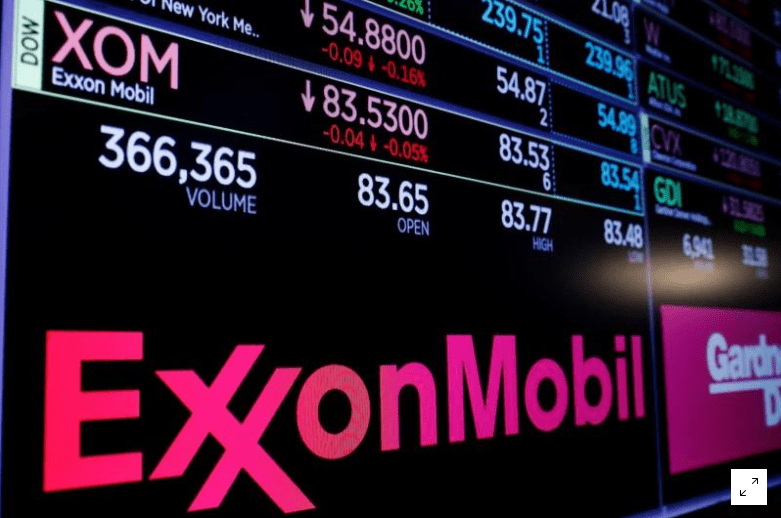In a notable move that may have significant implications for the future of U.S. oil production, ExxonMobil’s recent acquisition of Pioneer Natural Resources for US$64.5 billion is drawing attention and praise. The deal, the largest in the upstream industry since Shell’s acquisition of BG Group in 2015, seemingly reflects Exxon’s confidence in the future of hydrocarbons and its potential to become the largest U.S. oil producer.
WoodMackenzie’s Vice Chair of the Americas, Ed Crooks, highlighted the key points that make this acquisition noteworthy in a recent piece. He said the deal not only signifies Exxon’s bullish outlook on production growth but also breaks from the recent trend in the industry. “Most E&P [exploration and production] deals recently have been accompanied by very bearish rhetoric on production growth. This is the complete opposite,” Crooks noted.
Advantaged projects in Guyana, Permian delivered record production in Q2 2023 – Exxon’s CFO | OilNOW
The unique factor in this acquisition is that Exxon is not following the trend of reducing drilling and completions activity, which has been driven by investor demands for debt reduction and capital returns. Instead, he said the energy giant is looking to increase production through improved recovery.

Exxon’s competitive advantage over smaller companies lies in its flexibility in capital allocation. The WoodMac Vice Chair explained that Exxon can respond quickly to changing market conditions, as short-cycle operations in the tight oil sector allow for rapid production adjustments. In contrast, smaller companies have been less responsive to oil prices, prioritizing debt repayment and capital returns over production growth in the post-pandemic era.
Permian Basin delivers record-breaking performance in 2023 Q1 | OilNOW
Crooks explained that the Pioneer deal stands out as a commitment to accelerating production growth and maximizing value, with Exxon projecting an additional 150,000 barrels of oil equivalent per day in the Permian Basin by 2027.
As the world grapples with the complexities of the energy transition and the expectation of demand plateauing in about a decade, Exxon’s acquisition positions it as a key player in the industry’s evolving landscape.
In Ed Crooks’ words, “It’s a win-win for the country, a better, stronger U.S. economy, and better energy security.”



